Conflict is an inevitable and unavoidable aspect of all human relationships. You are guaranteed to experience conflict in some form during every relationship of significance you will ever have, including (and maybe most especially) your relationship with yourself….. While healthy conflict must happen for a relationship to stand the test of time, drama should be seen as a warning sign that a relationship is not tracking well for longevity.
What is the line between conflict and drama? I see healthy conflict management as the expression of differing viewpoints and the creation of a common solution, which might be as simple as agreeing to disagree and getting on with life. In this case, the disagreement or misunderstanding actually brings relationships greater connection and depth, because people are able to learn about, and come together with, the person they are in conflict with.

Drama, on the other hand, is an expression of unhealthy conflict management techniques. Drama might look like name calling, emotional outbursts, refusal to listen to or work with the “opposing party,” gossip, smear campaigns, unending conversations that never end in resolution, or an over all energy vampiring of the people around you. Drama divides, it doesn’t bring people closer together, or help others to understand one another. Drama speaks but does not listen.
There was a time in my life, about a decade ago, where I was surrounded by drama. My activist circles were full of drama. My love life was full of drama. My roommates, drama. It was everywhere I looked….. Until I looked in the mirror. It seemed the common denominator was actually *me*. I was reactionary and animated and made everyone’s everything about me. I cannot imagine how I was able to keep any relationships at all, but in hindsight, I can see how I was engaged with people who were as equally emotionally literate as myself. We created a cesspit of emotional unrest. Exhausting.
If you find yourself in a similar situation, this should be a huge red flsg. If conflict becomes drama (especially repeatedly) – be aware, someone involved may not have the skillet or knowledge to handle conflict in a constructive way (and that person could be you!!). There may also be a lack of good boundaries on all fronts. If your goal is to build community, or a family – a no drama policy in your life can help you save a lot of time and energy in the long run. Pay attention to how people respond to stress and negative feed back.. If you bring up a real concern, are you met with resistance, gaslighting, debate, or are your concerns dismissed / disregarded?
And be sure to look at yourself. Are you a safe person for others to have conflict with? How do you react when people bring up concerns to you? Do you listen? Do you communicate to them that you care what they have to say? Get real with yourself. In my experience, if you are doing life with people who don’t handle conflict well, you likely don’t handle conflict well either. Instead of pointing fingers, show them how it’s done by leading through your actions.

This might take some time to master, and it may require implementing the techniques taught by some amazing communication experts. I personally practice the Four Agreements, a from the book written by Don Miguel Ruiz. The Four Agreements that he teaches in his book are: 1. Be Impeccable With Your Word 2. Do Not Make Assumptions 3. Do Not Take Anything Personal 4. Always Do Your Best
These standards took me some time to Master, and I am definitely imperfect in my execution. I have become very proficient in functioning in alignment with these principles, and have learned to offer myself Grace, and vocalize when I notice I am not in alignment. Literally all of my relationships have improved because of this Practice. I’d like to recommend you read the book if you have not already, and I’d like to flush out some of the ways practicing the Four Agreements has changed my life.
Be Impeccable with Your Word –
There was a time in my life that my lack of impeccability to my word actually created conflict in myself and my other relationships. I very often would over – commit myself, saying I was going to do this by that date, or arrive there by a certain time, and then literally not have the time available to follow through with my commitment. I would beat myself up emotionally for hours before and after letting someone down.
When I began to shift my communication and stop creating unrealistic expectations for myself, my relationships improved in all areas of my life. I started to notice when I blurted out an over commitment and I’d shift what I said immediately into something I actually could handle… Very quickly I moved from blurting out over commitments to noticing the urge to, and instead bite my tongue. Eventually I lost the habit entirely and now I authentically use language like this – “I intend to work on this tomorrow, but I don’t have the nanny here to help. If you haven’t heard from me by this time, I haven’t done it”.
There are many ways we can neglect to be Impeccable with our word, and the ramifications will manifest differently in each of our relationships. Maybe we are afraid to tell a parent how we really feel, or have developed a habit of telling white lies to people please, or maybe we are stuck in a deeply embedded pattern of dishonesty that developed as a protection mechanism from trauma earlier in life. Maybe we don’t even know we are not being impeccable – how many times have we exclaimed something like “you are so annoying” instead of “I am so annoyed”. When we are impeccable with our word we are accountable to ourselves and others. Explore this in yourself to improve your relationships in all ways.

Do Not Make Assumptions –
This one is HUGE! When we stop making assumptions, our word actually becomes more impeccable. If we make the assumption that someone had a bad intention behind a behavior, we may treat them poorly, or put words in their mouth or and state intentions to their actions that are not true. This often comes in the context of gossip, and it can allow a lie to pass around the planet rapid fire!
Here is an example where an assumption almost lead to a witch hunt at an event I produced, but dropping the assumption and asking questions lead to a reasonable resolution. I was called to hear some concerns about missing bags at the event. One had gone missing the night before, and several during the next day. The lead of registration said “There is nothing left to assume but foul play” and wanted to make an announcement from stage that could have likely shifted the vibe of the event entirely, and I still hadn’t seen any evidence of foul play, yet.
I responded that I would make no assumptions, and that I had an idea I needed to investigate. You see, I had asked the venue to pick up chairs when no one was sitting in them so the audience always looked over flowingly full. When I asked the venue, sure enough, they had picked up bags left on chairs and put them all in the sound booth. If I had not read this book, I may have jumped into the frenzie and started a ripple of chaos through the event. I credit the teachings in the Four Agreements for how I handled that situation.
Take Nothing Personal
When I stopped making assumptions, I also stopped taking so many things personally. I suddenly had the realization that the behavior of others has literally nothing to do with me. They behave the way they behave, and the only thing I have control over is how I respond. This is total empowerment! I used to assume my ex husband was “out to get me”, so I took every action he took as a personal attack! Often it had literally nothing to do with me, and I created drama due to my reactionary emotional responses based on making assumptions and taking things personal.
Coming to the realization that even when other people engage in coercive control tactics that are targeted directly at you, it’s still not about you. They are behaving this way because it’s who they are. How you respond is the only thing in that situation that really is about you. This realization is what lead me to start taking steps to take my power back from an abusive relationship, and what has allowed me to become a very skilled event producer.

Always Do Your Best –
What I love about this one is that it also gives you permission to not do your best. Today my best is not what it was yesterday, and my tendency to overachieve and work through illness or other set backs actually reduced the quality of the work I produced. What seemed to be doing my best, was actually doing my not best. Now I give myself permission to rest when I need it, which actually allows me to do my best when I’m fully recovered.
Because of this book I now seriously appreciate conflict and actually look forward to experiencing it with people I am doing life with. Conflict allows me to make choices about how close I can bring them into my organization, my community, my friend circle, family, or personal life. For example, if I learn through a basic miscommunication that a potential speaker at our event is a no drama sort of person, I feel inclined to consider the possibility of working more closely together in the future.
If one turns out to create drama (like calling us names online when we make a decision they disagree with), I put them in the “nope” list and move on. The former Cat would try to “be better” and spend ours talking about the situation, maybe even reach out and try to fix things, so this famous person liked her enough to work with her. This Cat typing this doesn’t care if people like her or not, she cares how they handle conflict with her and her beloveds.
Those who lament “movement infighting” or “drama in the community”, are failing to recognize the value this sort of conflict brings to any group of people. First and foremost you discover if you can trust others enough to go though conflict with your relationship in tact. If you see people bringing up legitimate concerns and being attacked and unheard, that’s a warning sign that the culture of that community may be to create drama around legitimate concerns, which can be dangerous physically, emotionally, spiritually, and can take too much of your time and resources. Instead of chastising this type of “infighting” I feel grateful that I can see who to avoid and who is worth doing community with.
I feel like this cannot be over stated – the way a community does conflict needs to be observed and acted upon! If mindful and respectful dissent is not welcome in a group that focuses on freedom and liberty, you are looking at false profits who actually practice coercion while preaching consent. Get away from these people. I have found there are charlatans in all movements, and the Liberty Movement is not excluded from this
When people disagree with someone in their lives – a lover, a child, a friend, or co-worker – they are faced with the opportunity to improve their relationship by learning about the other , genuinely look into their viewpoint, and help broker a solution.

Follow this link to learn more about Catherine Wilder and her story.
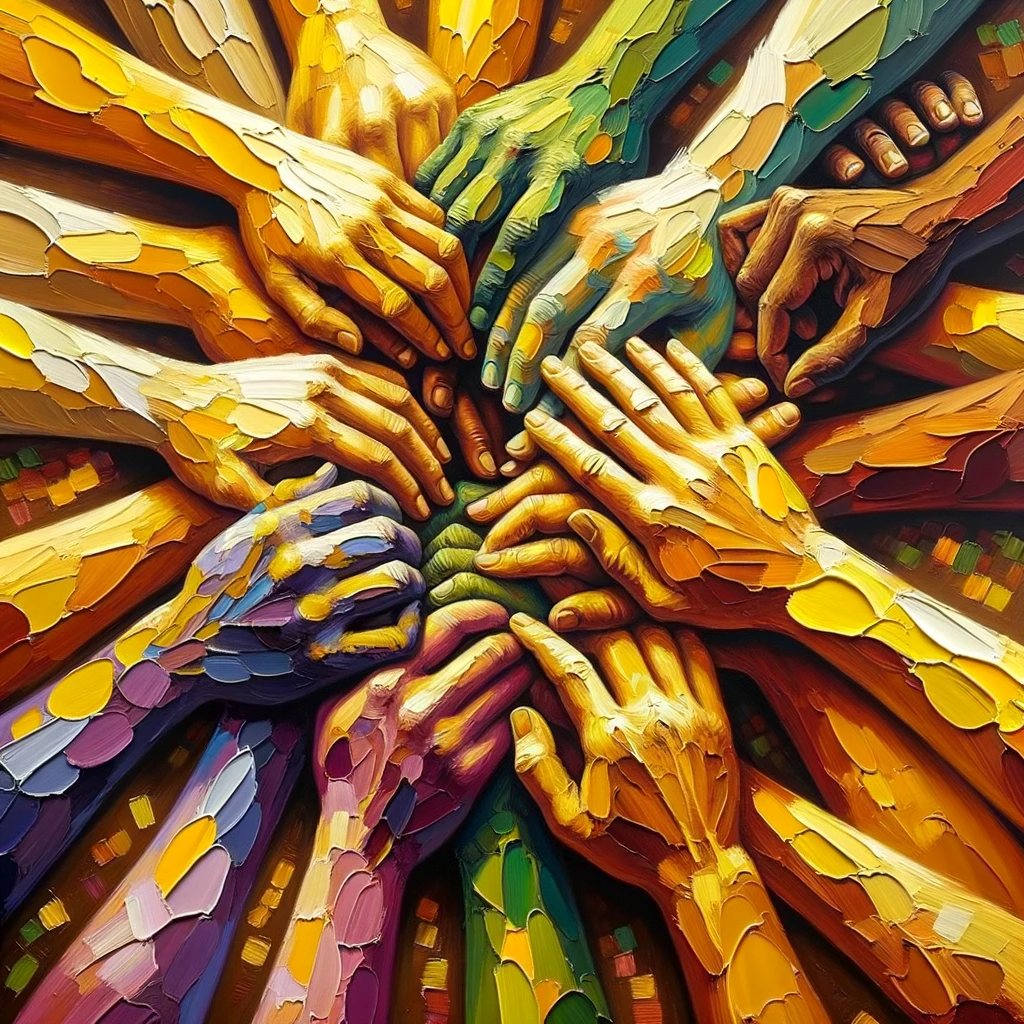

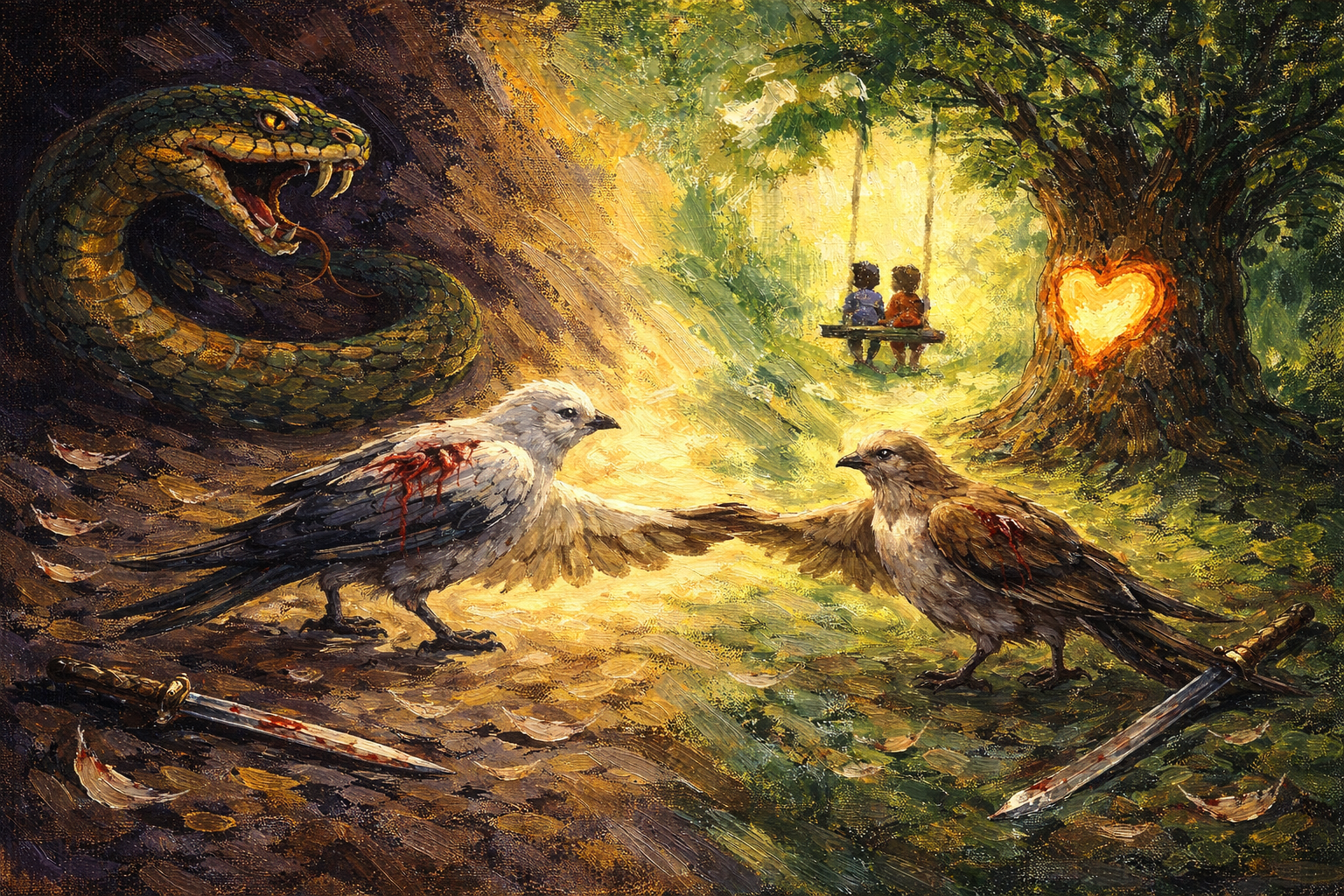
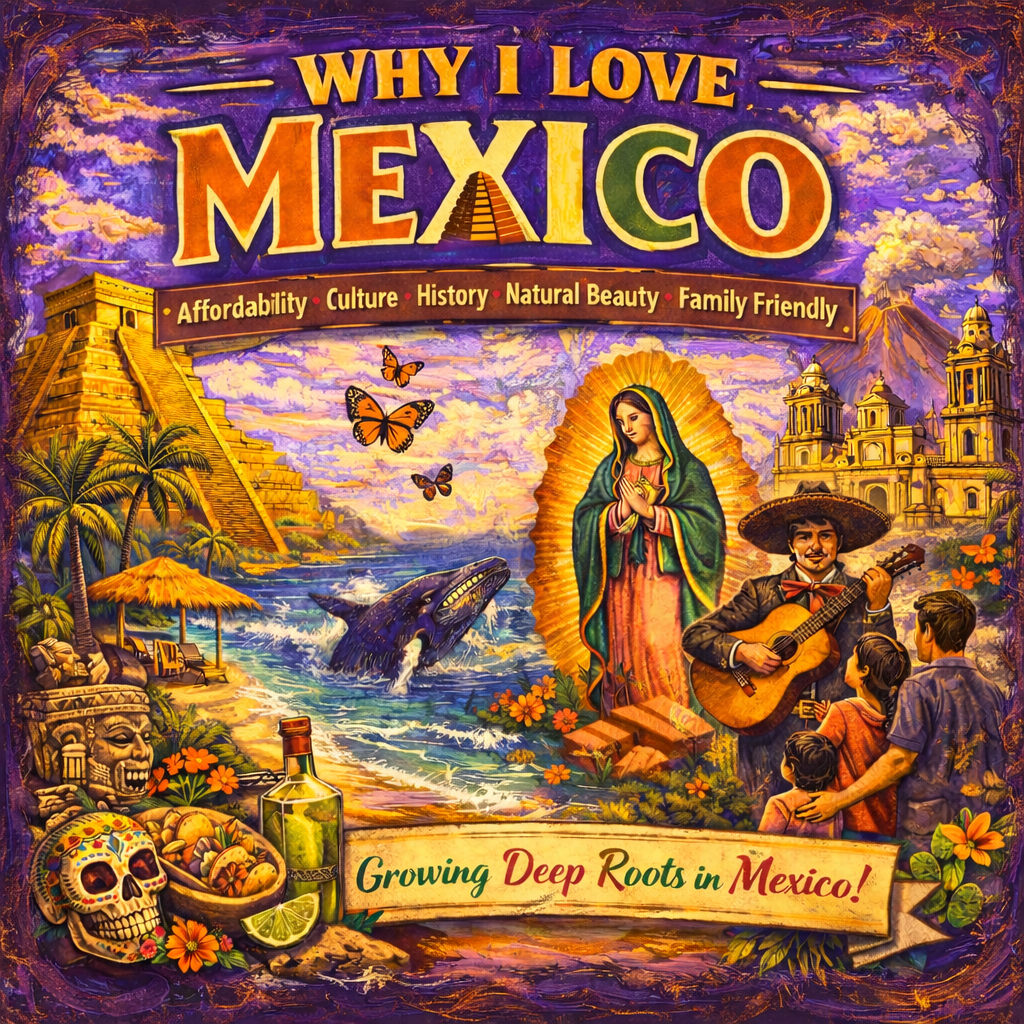
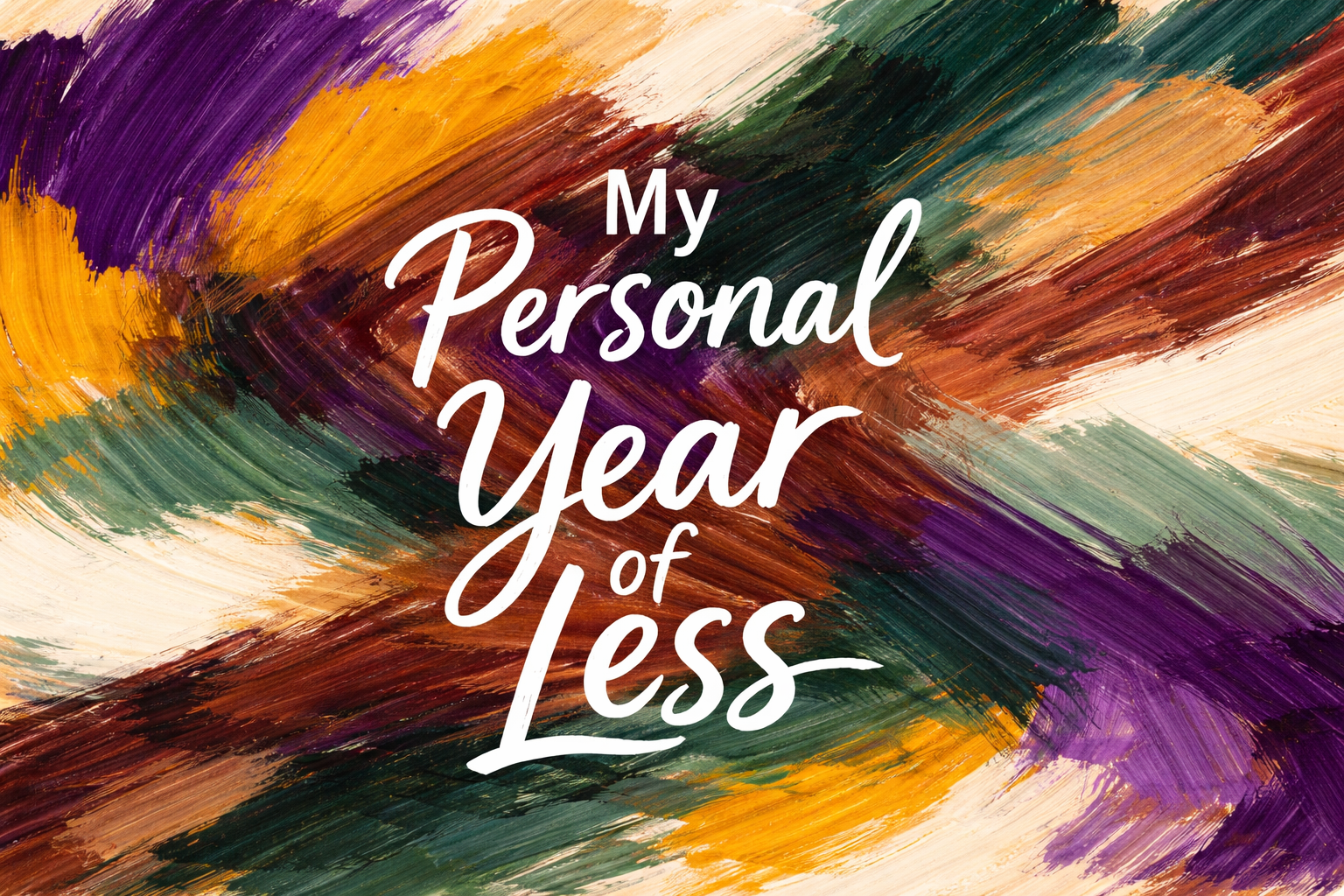
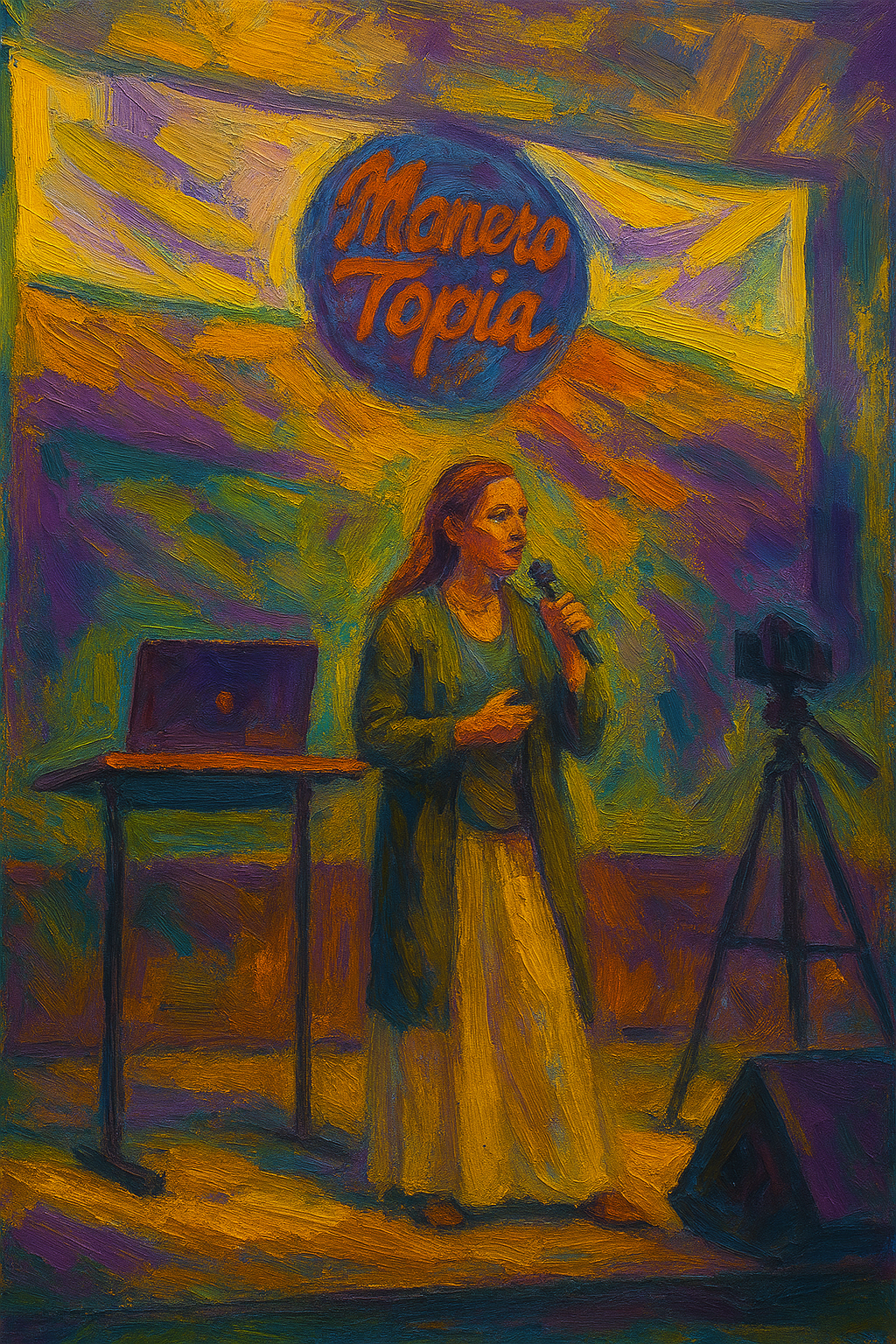

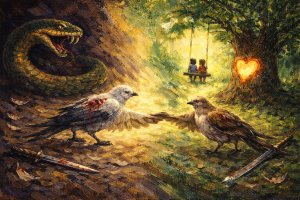
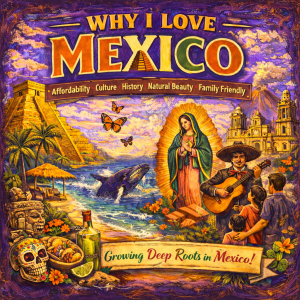
1 thought on “The Benefit of Conflict in Relationships, and the Real Reason You Have Drama in Your Life”
Yikes, I definitely do the thing where I blurt out overcommitments. 4 Agreements might be due for a re-read!